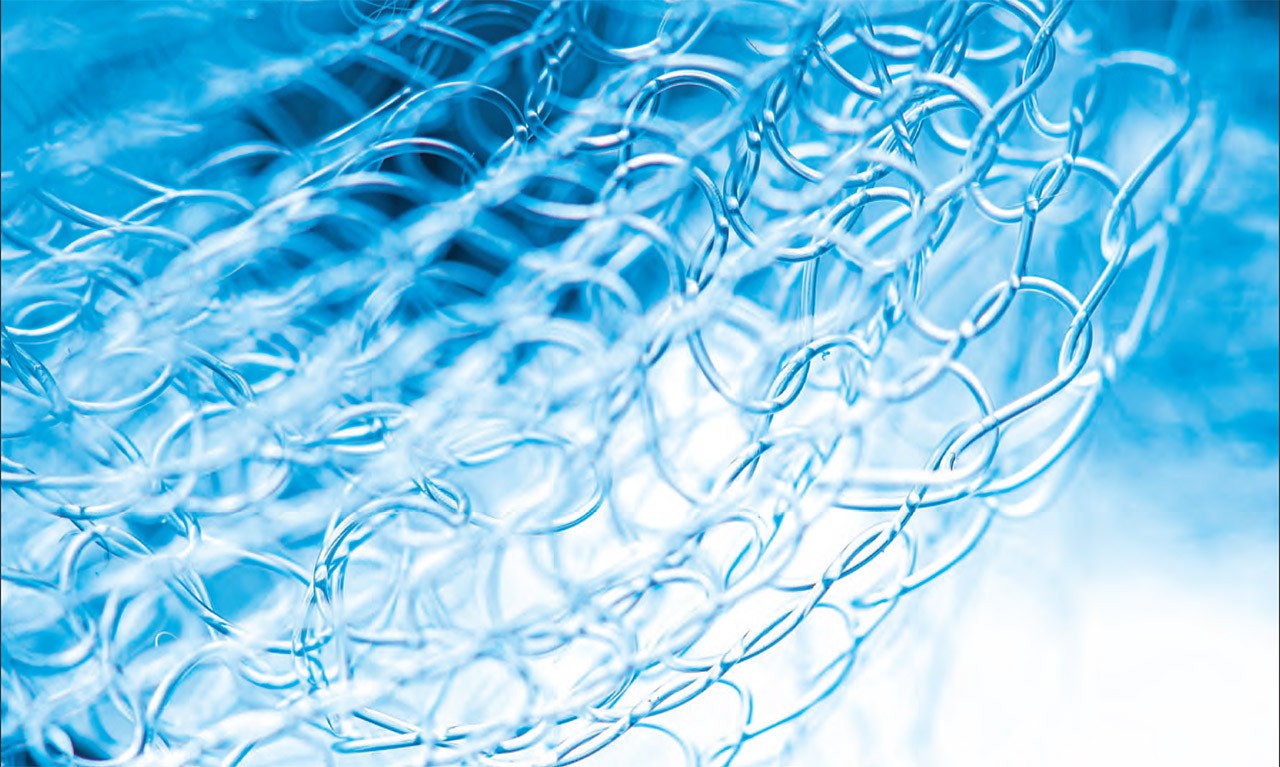Hear from Elda Grabocka, PhD, assistant professor of cancer biology and surgery, who is now using 3D cell culture models and mouse models to study stress granules’ specific role in drug resistance—and to investigate how oncogenic signaling and stress stimuli interact to promote pancreatic tumor development.
Read more about Grabocka's efforts in How to Re-Stress Pancreatic Cancer.

